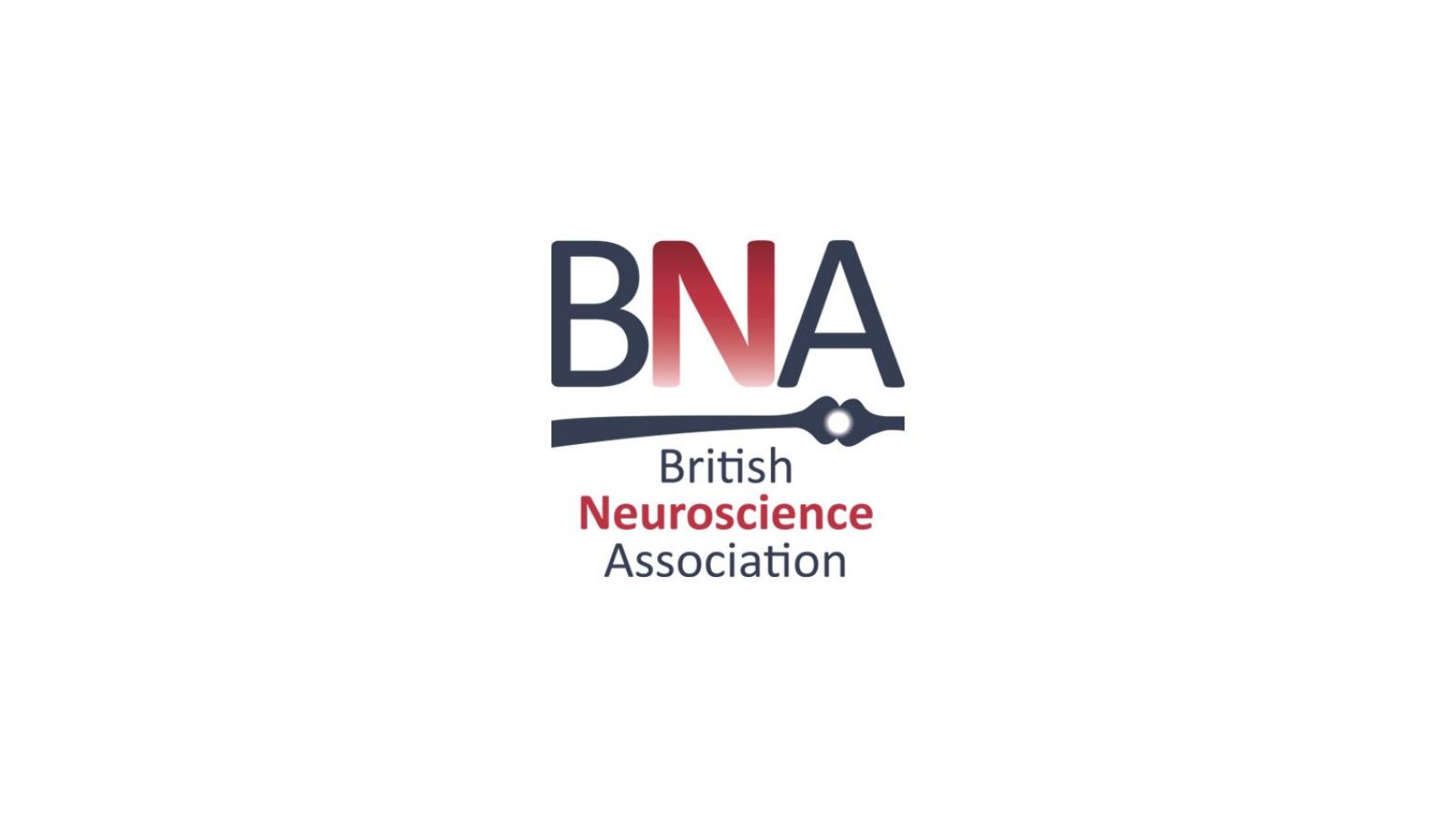We are delighted to announce that Prof Sarah Tabrizi (UK DRI at UCL) has been awarded the British Neuroscience Association (BNA) Outstanding Contribution to Neuroscience Award for 2025.
The BNA recognises, promotes and supports neuroscientific excellence via a number of award and prize schemes, and the Award for Outstanding Contribution to Neuroscience is the most prestigious award conferred by the organisation.
The award recognises Prof Tabrizi’s pioneering work in translating genetic discoveries into potential therapies for Huntington’s disease, including leading the first gene-targeting clinical trials and developing new approaches that have transformed the field.
Prof Tabrizi’s career exemplifies a transformative bridge between fundamental molecular discovery and clinical application, achieving what few in neuroscience have accomplished: the successful translation of a fundamental genetic insight into potentially disease-modifying therapies for a previously untreatable neurodegenerative condition.
I am truly honoured to receive the BNA Outstanding Contribution to Neuroscience Award. This recognition is a testament not only to the dedication of the entire team at the UCL Huntington’s Disease Centre, but also to the unwavering support of our collaborators, patients, and families.
Group Leader

One of her most paradigm-shifting contributions lies in pioneering the first gene-targeting therapy for Huntington’s disease. As the global lead investigator for the landmark IONIS-HTTRx (Tominersen) trials, Professor Tabrizi led the complex first-in-human studies that demonstrated, for the first time, that the toxic mutant huntingtin protein – the central genetic driver of Huntington’s disease – could be robustly and dose-dependently suppressed in the human brain.
This revolutionary proof-of-principle fundamentally altered the therapeutic landscape for monogenic neurodegenerative disorders. The success of this work, published in the New England Journal of Medicine, validated the gene-silencing approach and instilled unprecedented hope within the Huntington’s disease community worldwide.
Most recently, Professor Tabrizi’s leadership in the early phase clinical trial of the gene therapy AMT-130 has yielded a major step forward for the field, a reported 75% slowing of disease progression over 36 months, marking a monumental step toward a potential treatment for this fatal condition.
On receiving the award, Prof Tabrizi said:
“I am truly honoured to receive the BNA Outstanding Contribution to Neuroscience Award. This recognition is a testament not only to the dedication of the entire team at the UCL Huntington’s Disease Centre, but also to the unwavering support of our collaborators, patients, and families.
Advancing research in Huntington’s disease is a collective effort, and I am deeply grateful for the opportunity to work alongside so many wonderful colleagues at the UCL Queen Square Institute of Neurology, the UK Dementia Research Institute and beyond. While there is still much to do, I am encouraged by the progress we are making each year towards developing therapies that could change the lives of those affected by this devastating condition.
My heartfelt thanks to the BNA for this recognition and for championing neuroscience across the UK.”
Professor Narender Ramnani, President of the British Neuroscience Association, said:
“Professor Sarah Tabrizi’s groundbreaking research into Huntington’s disease has transformed our understanding of this devastating condition and opened new pathways toward effective treatments.
Her work exemplifies the very best of neuroscience - combining scientific excellence, compassion, and an unwavering commitment to improving lives.
The BNA is proud to celebrate her outstanding contribution to the field.”
Prof Tabrizi will deliver the Prize Lecture at the BNA Festive Symposium next month, taking place on 9 December 2025 at Canary Wharf, London.
Source: British Neuroscience Association

